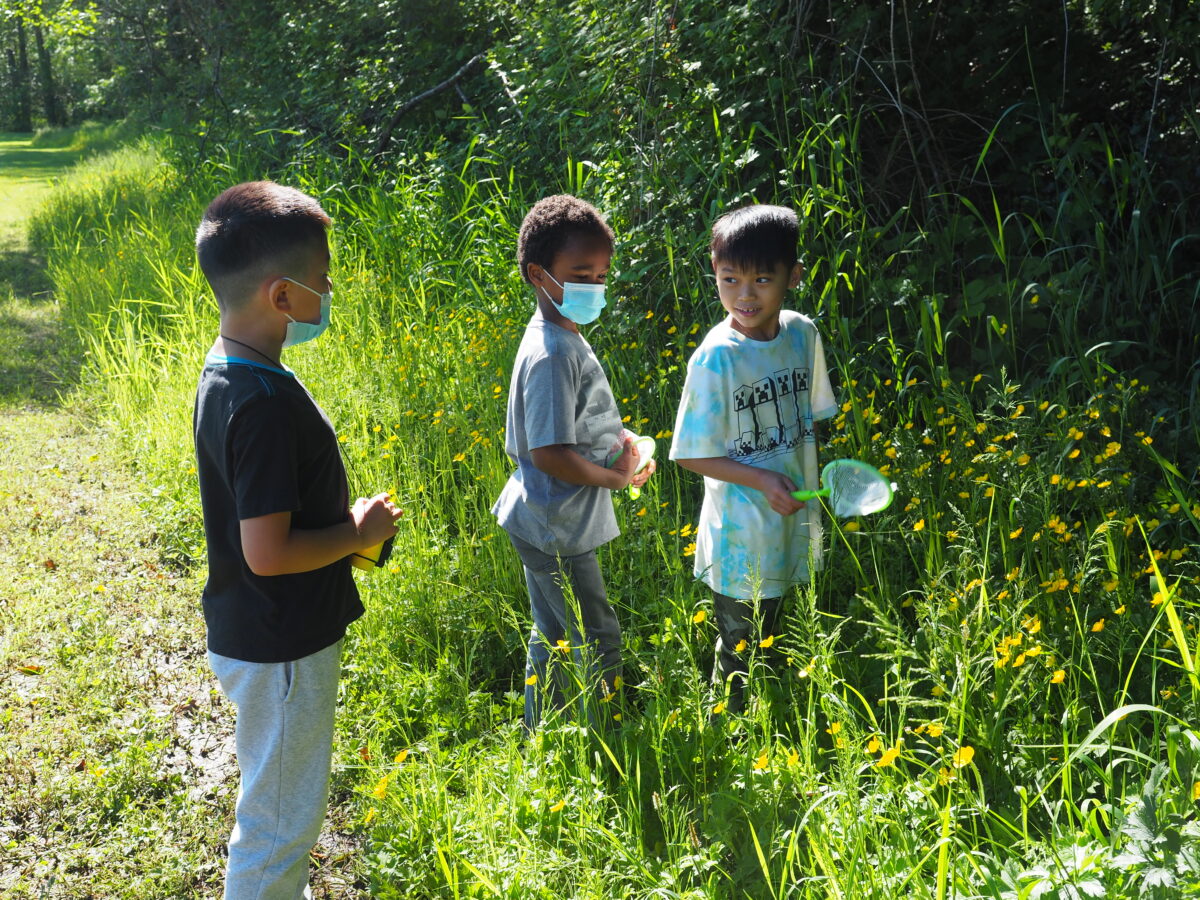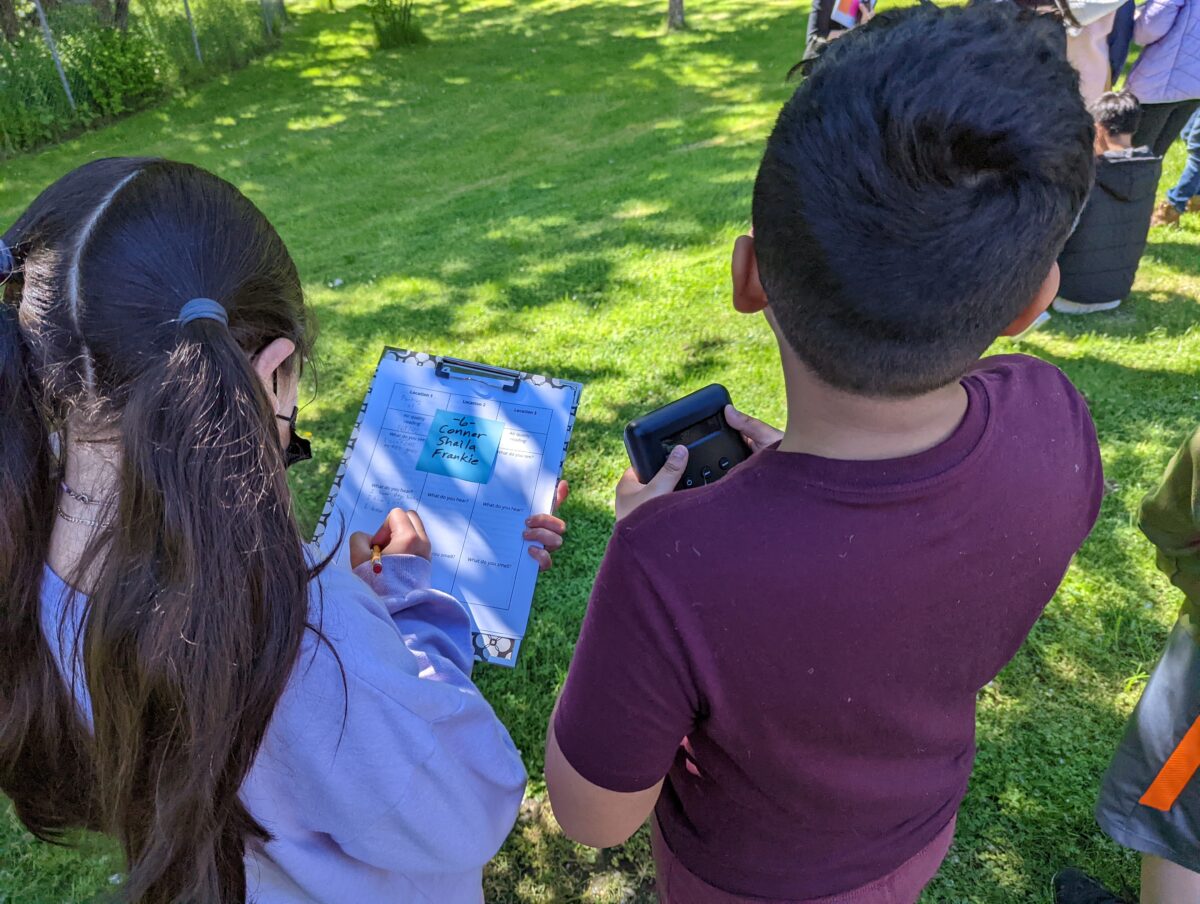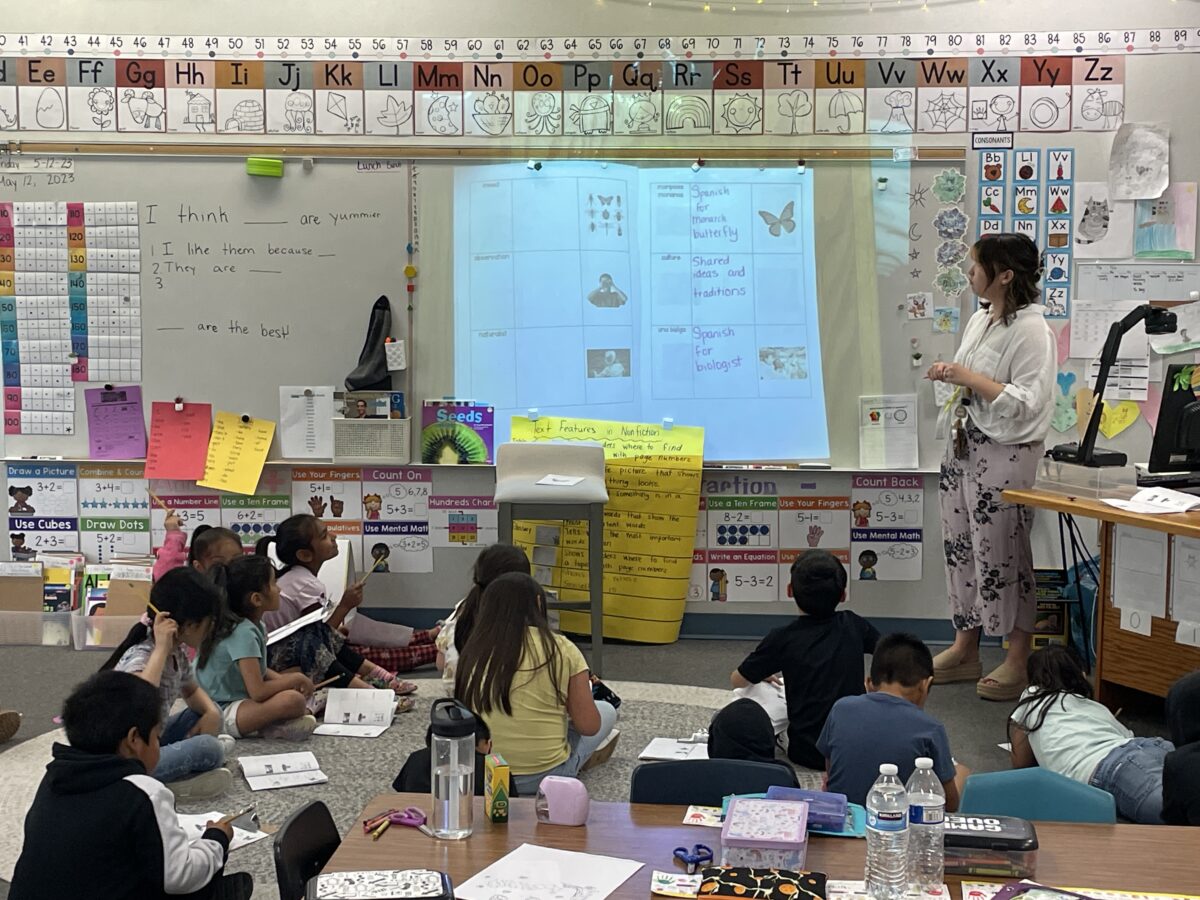Since 2021, EarthGen has collaborated with the Washington Office of Superintendent of Public Instruction (OSPI). This partnership supports educators statewide in being responsive to the educational needs and assets of migrant, bilingual, and Native students and their communities.
Through new teacher professional development and K-12 curricular resources, EarthGen is equipping educators with culturally responsive practices and resources. These tools help center the experiences, knowledges, histories, and interests of students furthest from educational and environmental justice.


Advisory Committee
EarthGen is committed to approaching culturally responsive education for migrant, bilingual, and Native youth with care, humility, and integrity. To ensure the work is being informed by the communities it wishes to serve, EarthGen annually convenes the BEE Advisory Committee. This committee includes nearly two dozen leaders in migrant, multilingual, and Native education across Washington, all of whom have relevant personal and professional experience and expertise.
Members provide advice on suggested practices around professional development, curriculum development, community engagement, and related topics in science education. They also facilitate connections with school districts and the migrant, multilingual, and/or Native communities they serve. Additionally, they identify connections between focus communities and local environmental issues. Their input helps ensure that new program resources and opportunities address the needs and priorities of these communities.
Featured Program

Monarch Mystery
After years of partnering with districts with a high population of bilingual and migrant students, EarthGen developed Monarch Mystery, a curricular unit for Kindergarten learners. With OSPI’s support, EarthGen staff have reimagined the unit to leverage the real-world phenomena of the annual migration of Monarch butterflies to and from Mexico to highlight the importance, beauty, and nature of migration, centering and honoring the experience of migrant youth in Washington state. The lessons also center on Indigenous practices of reciprocity and care, compelling students to ask themselves how they become guardians of butterflies, milkweed, and other more-than-human kin in their local community.
“It’s amazing to see our student’s pull from their own background and their family’s experiences. To see them get excited about it, especially when talking about the migration of the monarch was inspring. They start to say – Hey, I have a connection and I can relate to that.”
Linda Rodriguez, grandview school district teacher